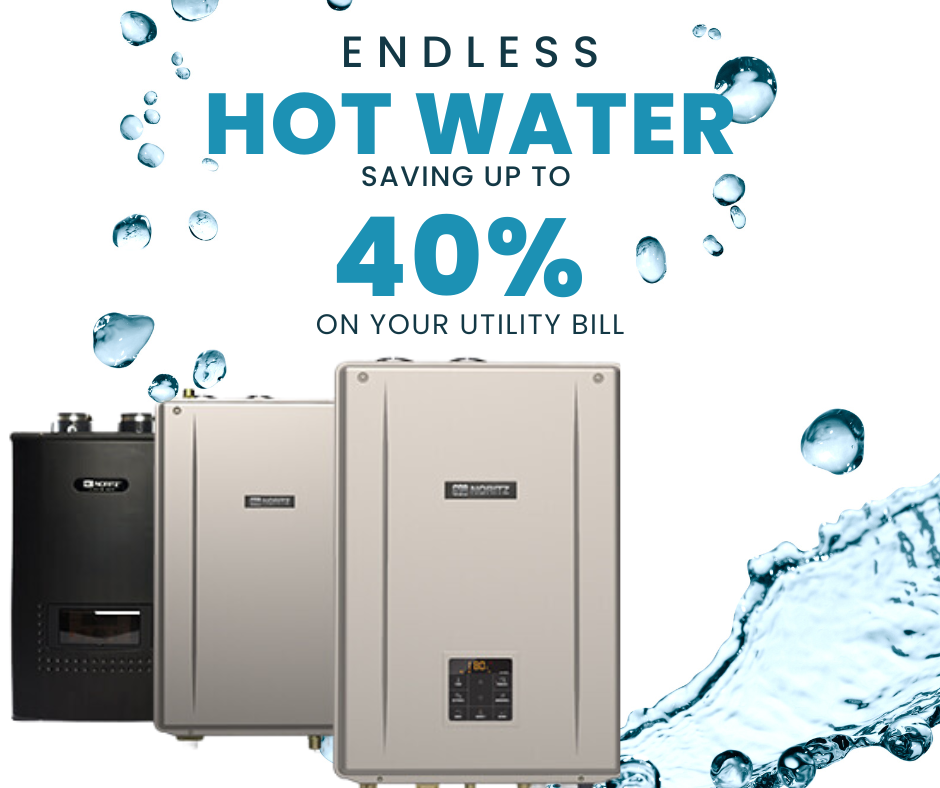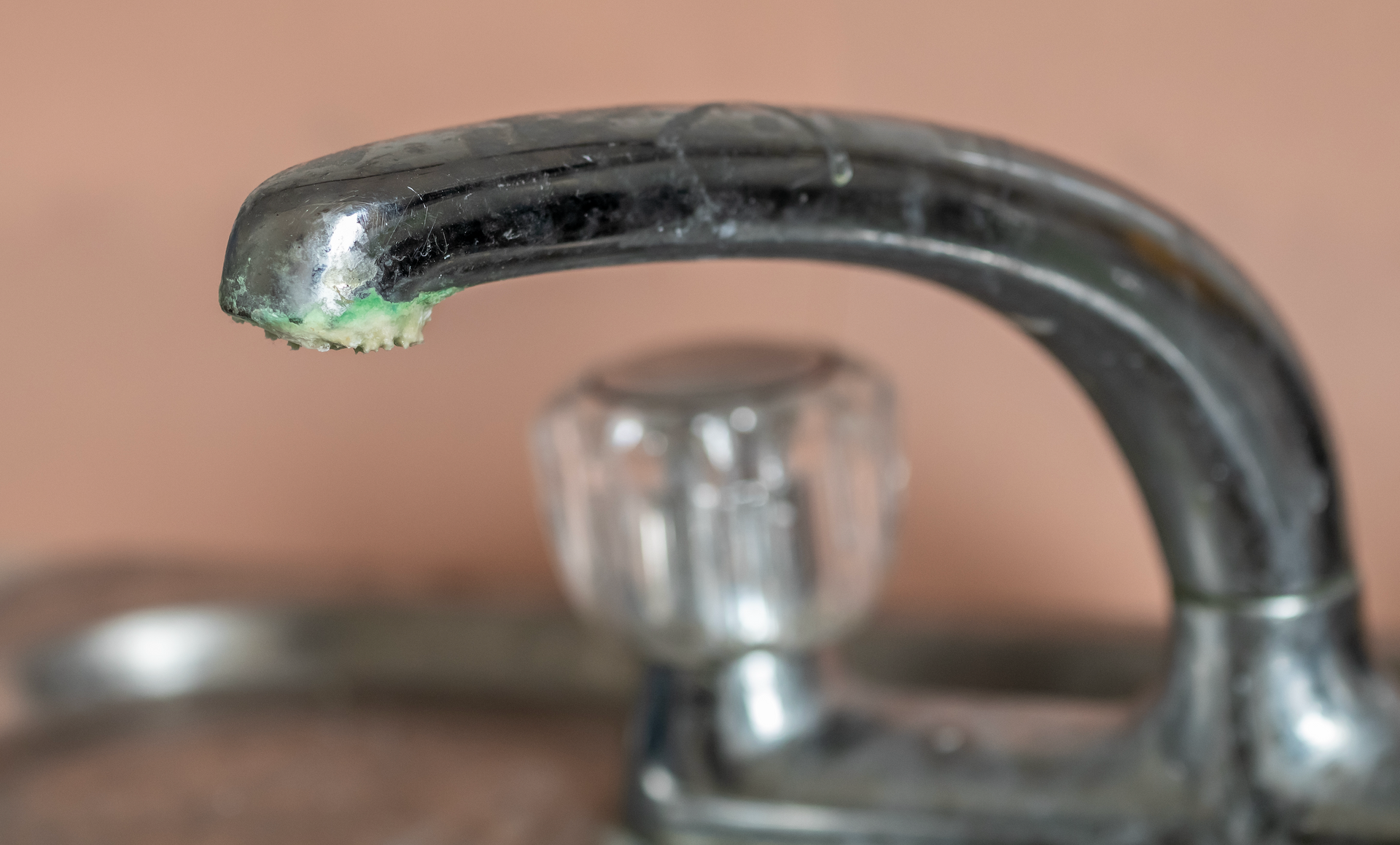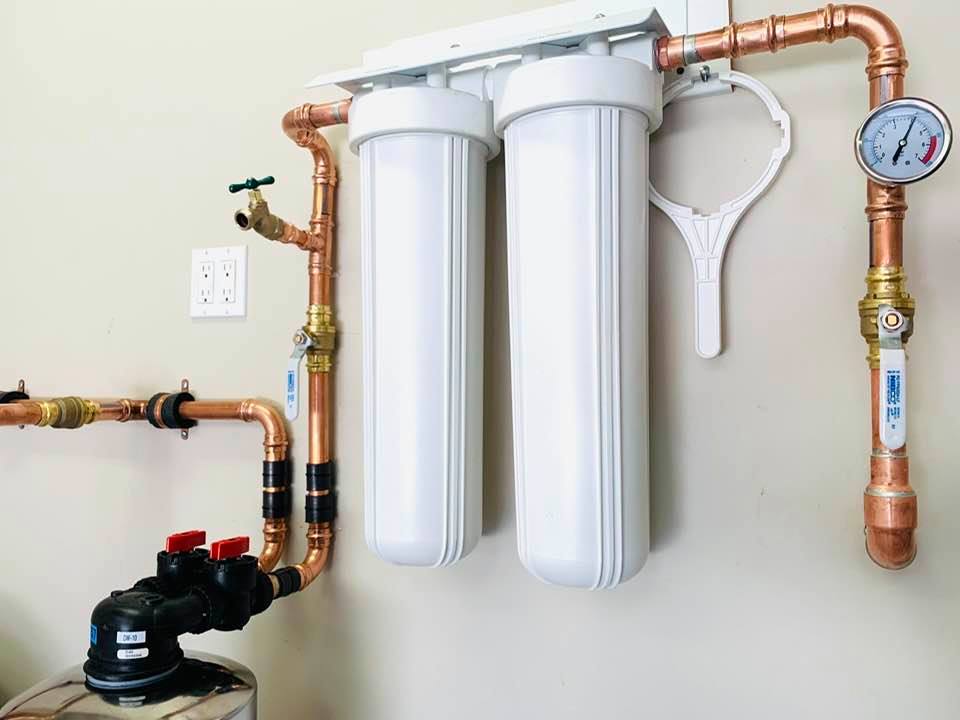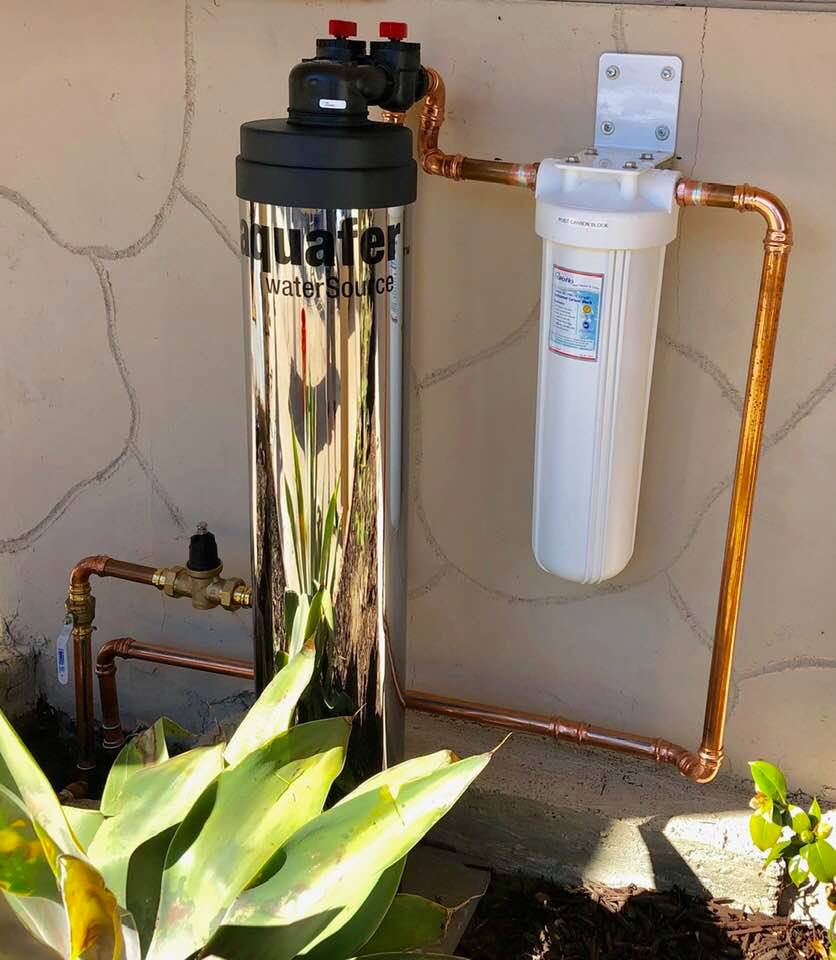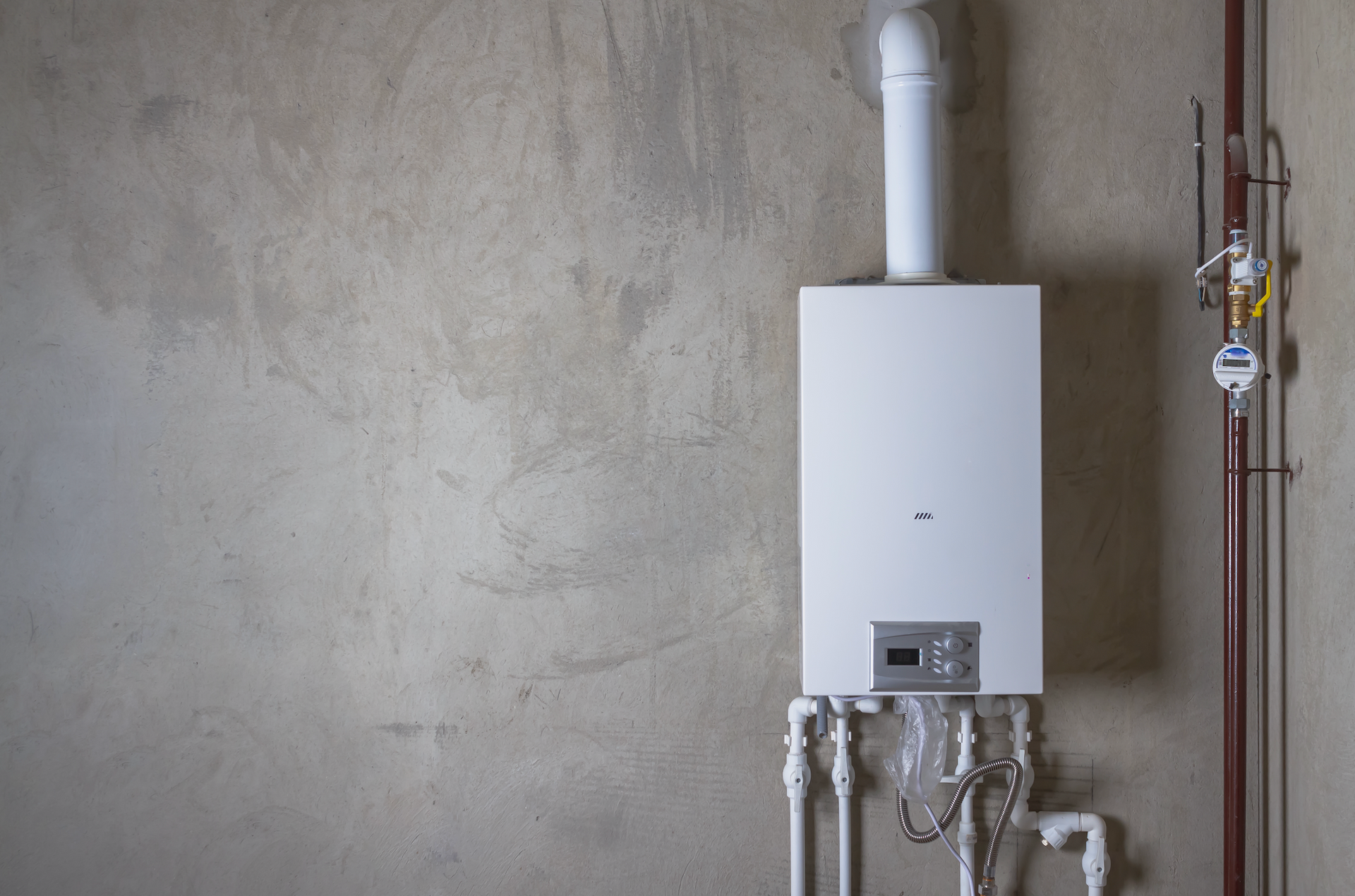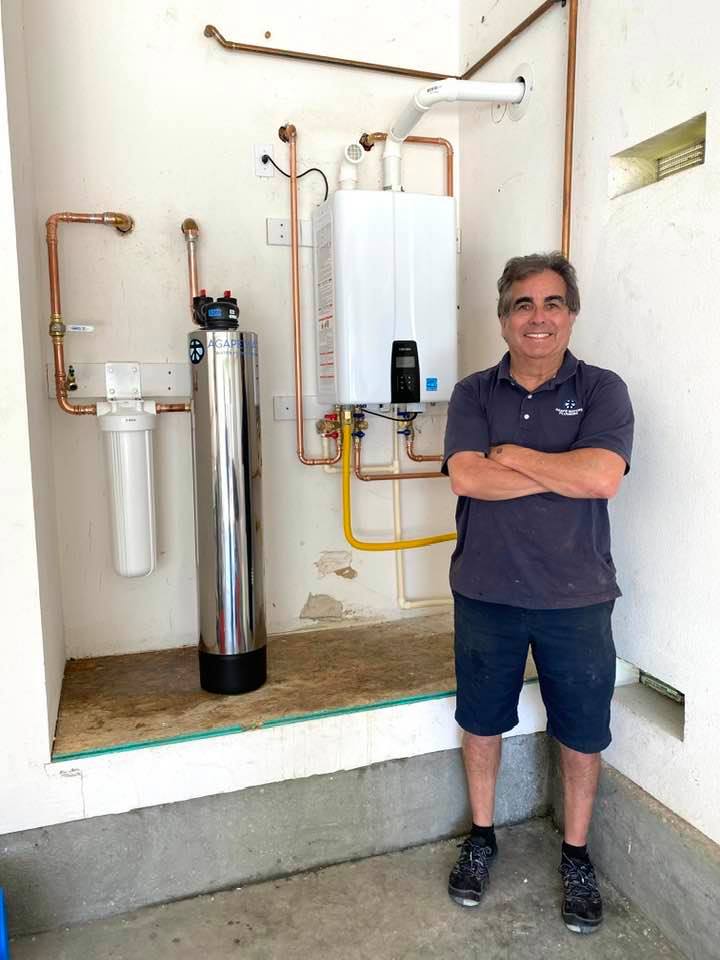Regulation of PFAS in Drinking Water: Enhancing Quality and Protecting Public Health
Earlier this year The United States Environmental Protection Agency (EPA) put forth new regulations, marking a significant step in addressing the potential harm posed by "forever chemicals" known as per- and polyfluoroalkyl substances (PFAS) in drinking water. While certain states have enacted laws to regulate PFAS in drinking water, there has been a notable absence of federal mandates, resulting in a lack of uniformity in testing and filtration procedures across public water systems. However, the EPA's current proposal represents a historic shift in addressing this critical issue.
Understanding PFAS and the Rationale for Regulation:
PFAS, characterized by their persistence in the environment and the human body, are synthetic compounds renowned for their resistance to water, oil, and grease. Their widespread use in everyday consumer products, ranging from waterproof jackets to nonstick cookware, has raised concerns about their potential health and environmental implications.
Regulation of PFAS is imperative for several reasons:
1. Human Health Impacts: A growing body of research has linked PFAS exposure to a range of health issues, including liver damage, immune system dysfunction, hormone disruption, developmental delays in children, and an elevated risk of certain cancers. These health concerns underscore the need for rigorous regulation.
2. Environmental Concerns: PFAS have infiltrated water supplies, soil, and even the bloodstream of a substantial portion of the U.S. population. Groundwater near industrial sites, military bases, and areas where firefighting foams were used is particularly susceptible to PFAS contamination. This widespread presence has heightened concerns about the safety of drinking water.
Impact of the Proposed Standards on Tap Water Quality:
While homes across southern California have increasingly benefited from whole house water filtration systems to purify their water, the introduction of these new PFAS standards promises improvements in the quality of tap water for consumers, for everyone. Key implications include:
1. Cleaner and Safer Tap Water: The proposed regulations would impose more stringent guidelines, obliging water suppliers to implement measures to reduce PFAS contaminants. This will result in cleaner and healthier tap water for consumers.
2. Enhanced Quality Control Measures: The standards require water suppliers to adopt robust testing and monitoring procedures for PFAS levels in the water supply. This proactive approach will expedite the identification and mitigation of potential issues, ensuring consumers have confidence in the safety of their tap water.
3. Protection for Vulnerable Populations: Individuals particularly vulnerable to PFAS exposure, such as children, pregnant women, and those with weakened immune systems, stand to benefit from these standards. Lower PFAS levels in tap water reduce health risks and contribute to the well-being of these groups.
Protecting Your Water from PFAS:
While the proposed regulations are a positive step in the right direction, we are still a long way from seeing any notable impact at the local level. In the meantime, we encourage individuals to take proactive measures to safeguard their drinking water:
1. Water Testing: Conducting laboratory tests to ascertain PFAS contamination in your water supply is a prudent step. Utilizing a water test kit and sending a water sample for analysis ensures accurate results.
2. Installation of Water Filtration Systems: If PFAS is detected, consider installing high-quality water filtration systems. Two effective options are reverse osmosis and activated carbon filtration, both capable of removing PFAS from drinking water. Through a complex 6-stage process the Agape Waters Water Treatment System, (in conjunction with our 5-micron post-carbon filter,) eliminates chlorine, chloramines, lead, heavy metals, chromium-6, pesticides, bacteria, and VOCs (Volatile Organic Compounds,) greatly reducing hard water calcium and magnesium scale from forming and lowering the surface tension in the water. This 6-stage process includes a double high-strength magnetic pass, a 3-chamber catalytic surface treatment, and KDF (Kinetic Degradation Fluxion) media flow through. With the water being in an up-flow stream, no regeneration backwash maintenance is required and the high-strength magnets act as the power source which means that no electrical power source is needed. This Agape Waters Custom Water Treatment System is unique to the industry and patent pending with a service life of 12+ years.
Conclusion:
The EPA's proposed regulations offer the potential for significant improvements in tap water quality in the years ahead. Until these regulations are fully implemented, it is advisable to test your water for PFAS and explore the benefits of reliable water filtration systems, such as reverse osmosis or whole-house activated carbon filters, should PFAS contamination be detected. These proactive measures aim to ensure the safety and well-being of individuals and communities by mitigating the risks associated with PFAS exposure.
More About Agape Waters:
Based in San Marcos, Agape Waters is committed to providing clean, safe filtered drinking water for your entire household through custom made water filtration systems that are eco-friendly, emphasizing on a water saving, salt-free, maintenance free water conditioning solution. Also serving: San Marcos, Vista, Escondido, Valley Center, Carlsbad, Oceanside, Encinitas, Rancho Santa Fe, Fairbanks Ranch, Poway, Rancho Bernardo, 4S Ranch, Solana Beach, Fallbrook, Carmel Valley, Del Mar, San Clemente, Dana Point, San Juan Capistrano.

